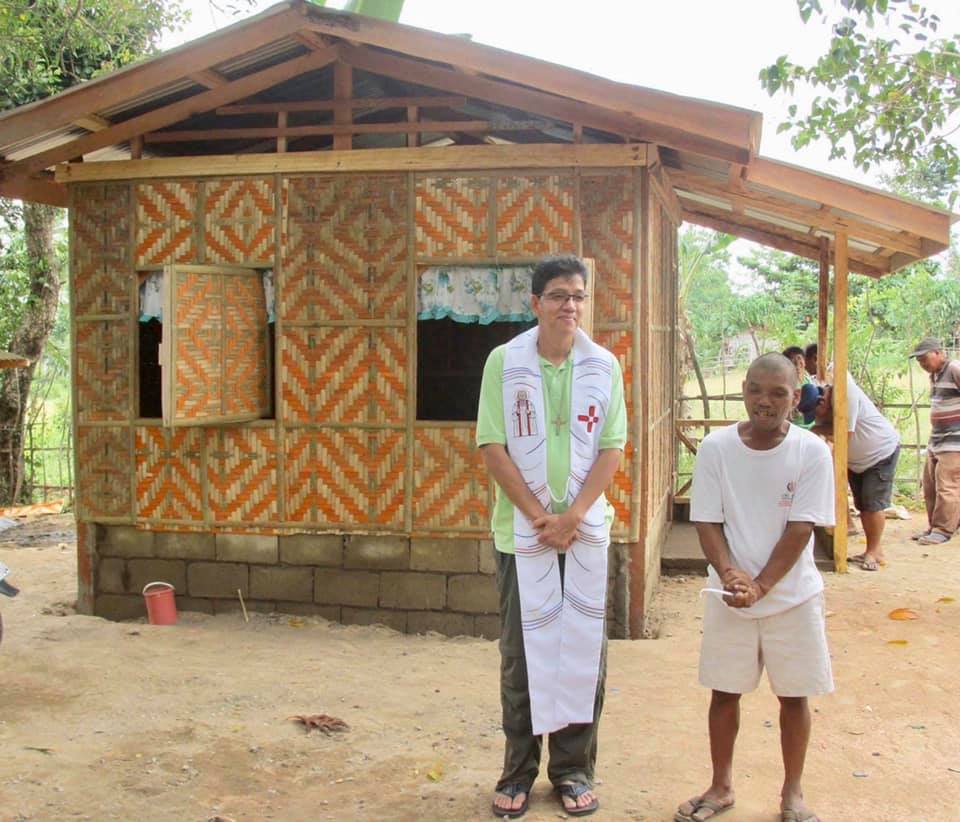by: REV. ELIAS L. AYUBAN, JR., CMF

The perception that the Catholic Church is affluent is prevalent and it is very difficult to change this mentality, especially if one is non-Catholic, or a Catholic who does not feel the sense of belonging and responsibility towards her.
The finances of the Church are not centralized, so the economic condition of a parish or diocese depends largely on the capacity and the generosity of the parishioners to give voluntarily. One parish in Metro Manila may have a collection of a few thousand pesos in one given Sunday mass, while another parish in Basilan may only get 500 pesos, or even less.
What we give to the Church are generally called offerings. It is better to refrain from using the terms ‘stipends’ and ‘fees’ to avoid a mercantile mentality. After all, the sacraments are not for sale and the grace of God is beyond any price.
For offerings during the celebration of baptisms and matrimonies, for instance, most dioceses and parishes determine some amounts, in accord with the diocesan custom or what is agreed upon by the provincial council. It is in this area where some people complain as they find the supposed donation a bit excessive.
But if we look at the Church as family, maybe we can see it from a different perspective. As members, we have the obligation to provide for the needs of the Church so that she will have enough means necessary for divine worship, charitable works and worthy support of her ministers, among other exigencies (cf. c. 222, 1). If we can spend so much for the invitation cards, photo op and floral arrangements, a little magnanimity to the parish is the least that one can do on the occasion of one’s wedding that ordinarily happens only once in a lifetime.
Notwithstanding, it is worth mentioning that the Church prescribes that no member shall be deprived of any spiritual help for reason of poverty (c. 848). In this regard, in many parishes, there are mass baptisms and weddings. Besides, every Sunday and holidays of obligation, all diocesan bishops and parish priests have the duty to apply a mass for the intention of the people entrusted to them to assure that everybody is prayed for (cc. 388; 534). In Latin, we call this ‘missa pro populo’.
How beautiful it will be when dioceses and parishes can already survive on the voluntary support of the faithful who are conscientious enough of their obligation to support the needs of the Church so that they no longer require offerings during the celebration of the sacraments! Archbishop Soc Villegas, for example, started this in Lingayen-Dagupan instructing his clergy “not to solicit or accept payment for sacraments” (GMA News Online, Oct. 27, 2012).
By the word “faithful,” we do not only mean the lay, but also the clergy and religious. The examples of some bishops, priests and religious are worth emulating as they take the lead. For instance, Bishop Ruperto Santos and the priests in the diocese of Balanga have waived their allowance for two months in favor of Church workers (Manila Times, March 26, 2020).
The next time we put something on the collection box or give some donation to the Church, we consider our membership and belonging to a bigger family of God, convinced that our offerings serve the mission of the Church, especially in helping our brothers and sisters who are most affected by this current crisis including those who do not share our faith.
For we are FAMILY!
———
Rev. Fr. Elias L. Ayuban, CMF, a canon lawyer, is also the Provincial Superior of the Claretian Missionaries in the Philippines.






